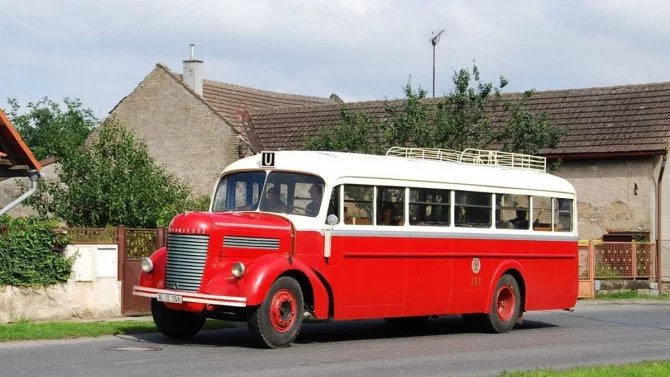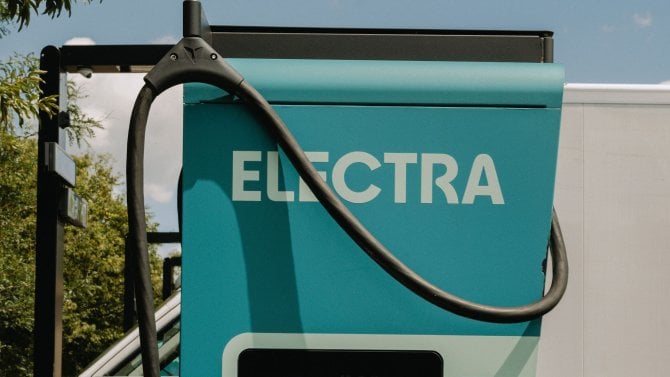...
By Adrian Croft and Jeff Mason
BRUSSELS, June 21 (Reuters) - European Union leaders began a crucial summit on Thursday with hopes of an agreement on reforms of the bloc's creaking institutions hanging in the balance over demands made by Britain and Poland.
German Chancellor Angela Merkel hopes to secure an agreement at the two-day summit to launch negotiations on a new treaty to replace the EU constitution rejected by French and Dutch voters and help the enlarged 27-nation Union function more smoothly.
Chances of an accord to end years of wrangling over the division of power between Brussels and member states appeared to rise after Poland softened its opposition to proposed changes in the voting system which it says would favour bigger states.
But Warsaw has waged a fierce campaign, referring back to its suffering under Nazi German occupation, and Prime Minister Tony Blair said Britain would sign up to a treaty only if all of its four key demands were met.
"The four areas we have set down, we do need satisfied and we do need satisfied in full," Blair, at his last EU summit, said of British efforts to maintain sovereignty in foreign policy, justice, migration and human rights.
Failure to agree could prompt a smaller group of states to press ahead with closer integration, leaving others behind, and make richer countries more reluctant to aid poorer newcomers.
Blair put prospects for a deal to launch negotiations on a new treaty at only "touch and go". Polish Prime Minister Jaroslaw Kaczynski put the odds at 50-50.
European Commission President Jose Manuel Barroso was more optimistic: "The many contacts I had today confirmed to me a deal is possible -- but it will certainly be very difficult, very tough."
Merkel, chairing the talks under Germany's EU presidency, urged leaders not to obstruct a deal.
"I hope that all work in a spirit that will allow us to achieve a fair agreement because the EU needs to be effective in order for us to solve the many problems in the world together," she told reporters at a pre-summit meeting of conservatives.
BLAIR LEGACY
Nearly all the other EU countries favour keeping the voting formula set out in the constitution draft, but Poland says it favours bigger countries, especially Germany.
Polish negotiator Marek Cichocki said conditions had been created for a summit deal of some kind, but said some issues might have to be held over to an inter-governmental conference.
Eighteen EU nations have ratified the constitutional treaty, but there is broad agreement to cut it significantly, to allow France, the Netherlands and Britain to avoid risky referendums.
Some key institutional arrangements are set to be kept, such as creating a president of the European Council of governments elected for 2-1/2 years instead of the current six-month rotating presidency which has grown unwieldy in the enlarged EU.
Britain does not want to be legally bound by any treaty on the bloc's Charter of Fundamental Rights, which includes a broadly defined right to strike.
It also wants to shrink the powers of a proposed EU foreign minister, seeks an opt-out from EU justice cooperation and opposes obligatory social security payments to migrants.
"We should stop this constitutional strip-tease. We've gone far enough," said Austrian Foreign Minister Ursula Plassnik.
Hopes for a deal rose after Kaczynski said this week Poland could accept the voting system it has opposed for months if it received a bigger say by other means.
It has come under pressure to tone down its language after Kaczynski said Poland deserved more voting power in the EU because its population had been decimated by Nazi Germany and would otherwise be much larger now than 38 million.
Alain Lamassoure, former French minister for European Affairs, said Luxembourg Prime Minister Jean-Claude Juncker criticised Poland for being "obsessed" by Germany at a close-door meeting of conservatives before the summit.
"Juncker said he had known three successive German chancellors and had never seen heads of government more favourable to Poland than them," Lamassoure told reporters. (Additional reporting by Emmanuel Jarry, Ingrid Melander, Gabriela Baczynska, Axel Bugge and Marcin Grajewski in Brussels)
Keywords: EU TREATY/




 S některými ojetinami je tolik problémů, že je evropská platforma odmítá prodávat. Na seznamu jsou i slavná jména
S některými ojetinami je tolik problémů, že je evropská platforma odmítá prodávat. Na seznamu jsou i slavná jména
 Test Renault Austral: Fakt chcete opět škodovku?
Test Renault Austral: Fakt chcete opět škodovku?
 Denně v pohotovosti: 10 nejznámějších poválečných československých autobusů
Denně v pohotovosti: 10 nejznámějších poválečných československých autobusů
 Sen o levném cestování elektromobily se rozplývá. V Evropě je návrh, podle kterého se elektromobilům zdaní každý ujetý kilometr
Sen o levném cestování elektromobily se rozplývá. V Evropě je návrh, podle kterého se elektromobilům zdaní každý ujetý kilometr
 Electra dorazila do Česka a tentokrát to není ta Baťova. Hlavní roli hrají elektromobily
Electra dorazila do Česka a tentokrát to není ta Baťova. Hlavní roli hrají elektromobily
